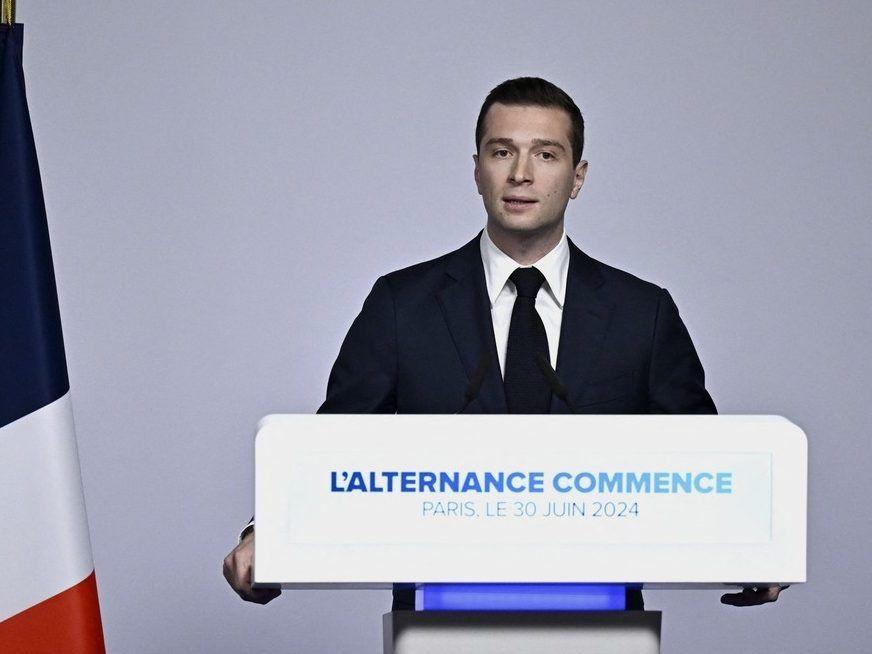As France approaches the second round of its legislative elections on July 7, the political landscape is in turmoil following the surprising first-round victory of the far-right National Rally (RN) party, led by Marine Le Pen. The RN secured approximately 33% of the votes, outpacing both President Emmanuel Macron’s centrist alliance (20-22%) and the left-wing New Popular Front coalition (28-29%).In response to this unprecedented situation, rival parties are scrambling to form a united front against the RN to prevent it from securing an absolute majority in the National Assembly. Strategies include tactical voting and the withdrawal of candidates in certain districts. Over 150 candidates have already withdrawn from the race, including many from the New Popular Front and three ministers from Macron’s government.President Macron has called for a ‘broad democratic coalition’ against the far-right, urging voters to support ‘clearly republican and democratic’ candidates in the runoff. Prime Minister Gabriel Attal echoed this sentiment, warning that an RN majority would be ‘catastrophic’ for France.The election has become a referendum on Macron’s leadership, with the possibility of a ‘cohabitation’ scenario looming if the RN wins a majority. This outcome could significantly challenge Macron’s ability to govern and implement his policies, potentially leading to political paralysis.The RN’s success has raised concerns both domestically and internationally about growing tensions in French society and potential implications for the European Union. Jordan Bardella, the RN’s president, has called on voters to give the party an absolute majority, accusing rivals of forming ‘dishonorable alliances’.As the July 7 runoff approaches, the outcome remains uncertain. The effectiveness of the anti-RN coalition, voter turnout, and the complex dynamics of France’s multi-party system will all play crucial roles in determining whether the far-right will gain unprecedented power in the French government.
Key points
- The far-right National Rally party leads in the first round of French legislative elections with about 33% of the vote.
- Rival parties are forming coalitions and employing tactical voting to prevent the National Rally from gaining an absolute majority.
- The election outcome could lead to a ‘cohabitation’ scenario, challenging Macron’s ability to govern.
- There are growing concerns about the implications of a potential far-right government for France and the EU.
Contradictions👾There are slight discrepancies in the reported vote percentages across different sources, though the overall trend remains consistent.
👾Some sources suggest the RN might form a coalition with the center-right Republicans, while others focus on the united front against the RN.



